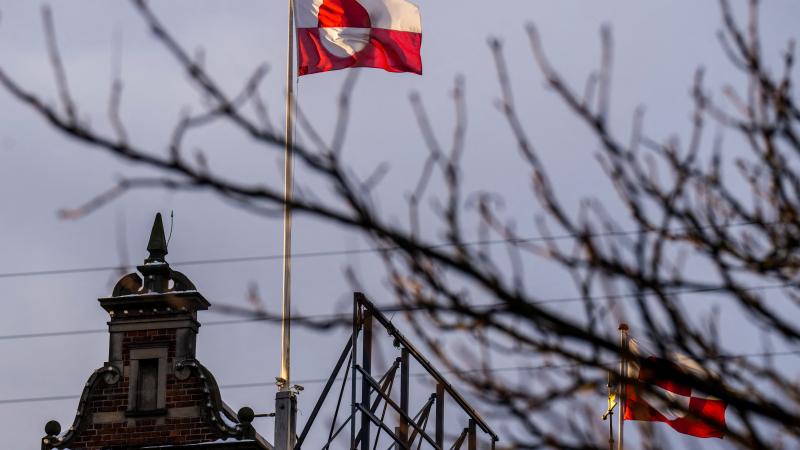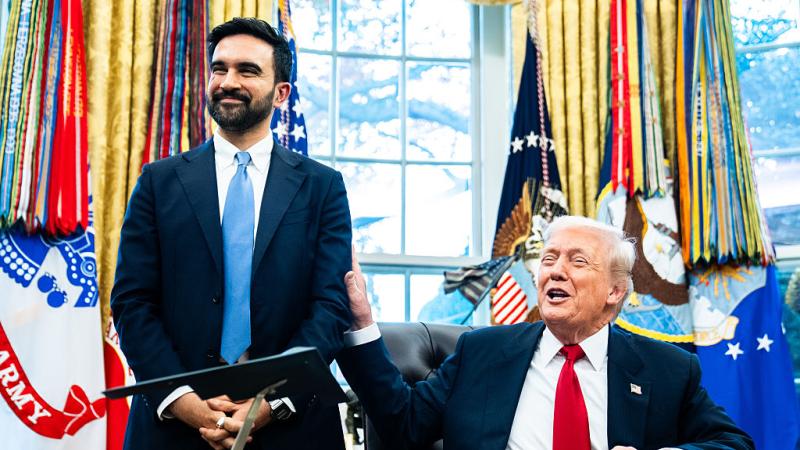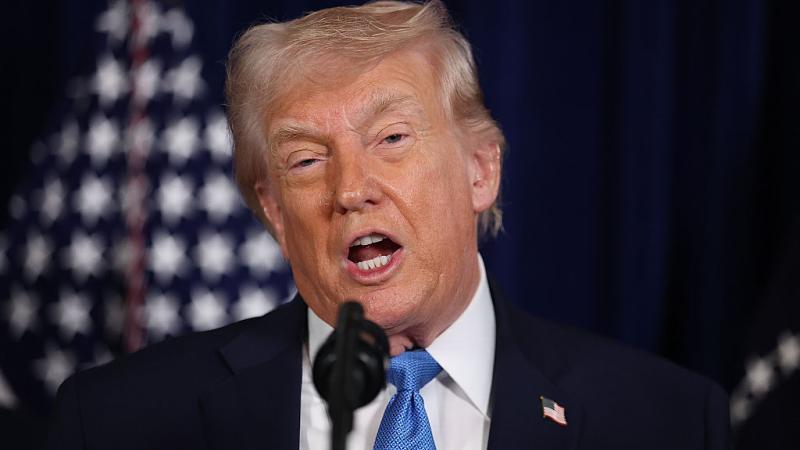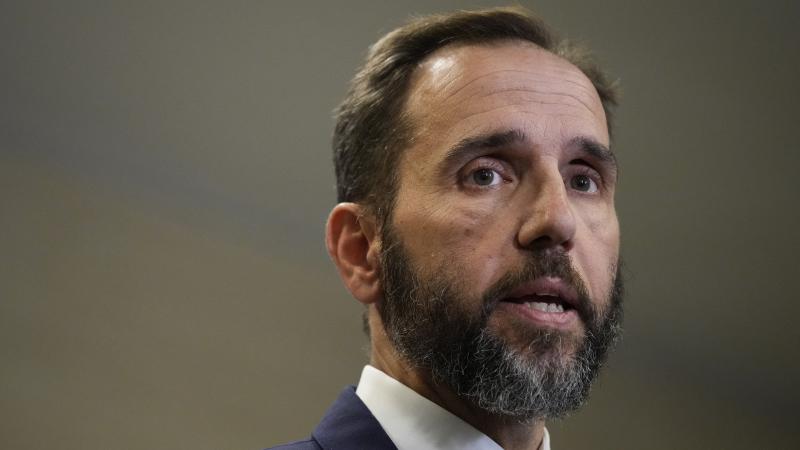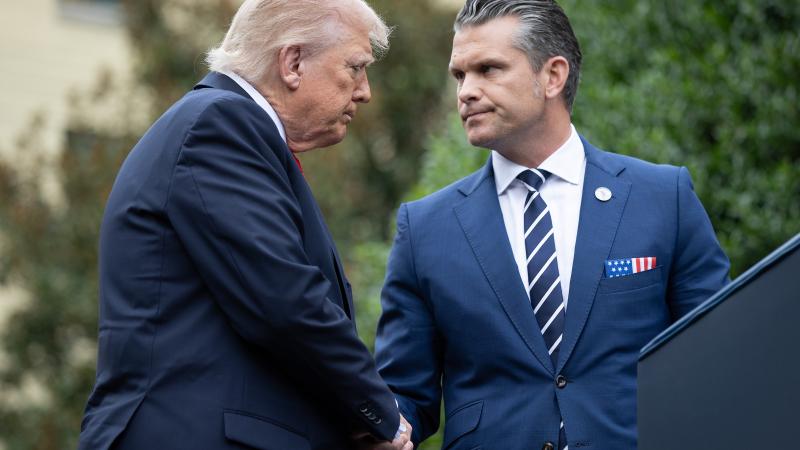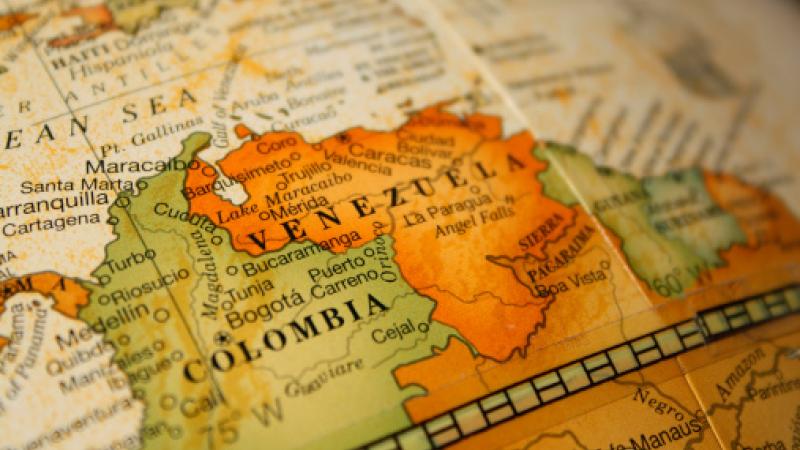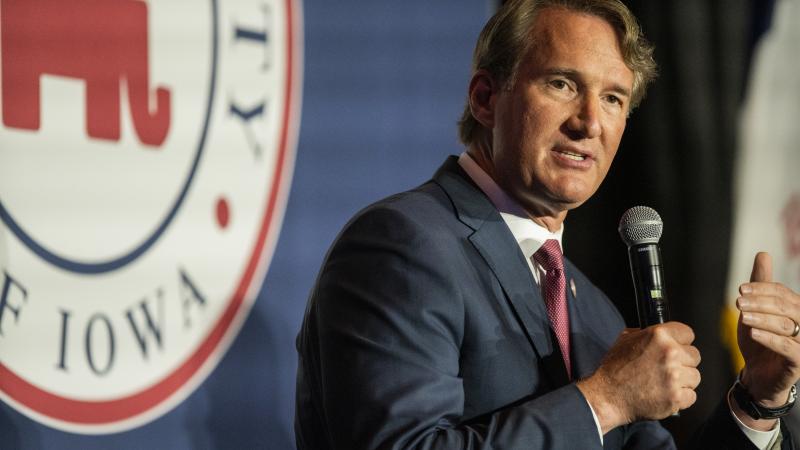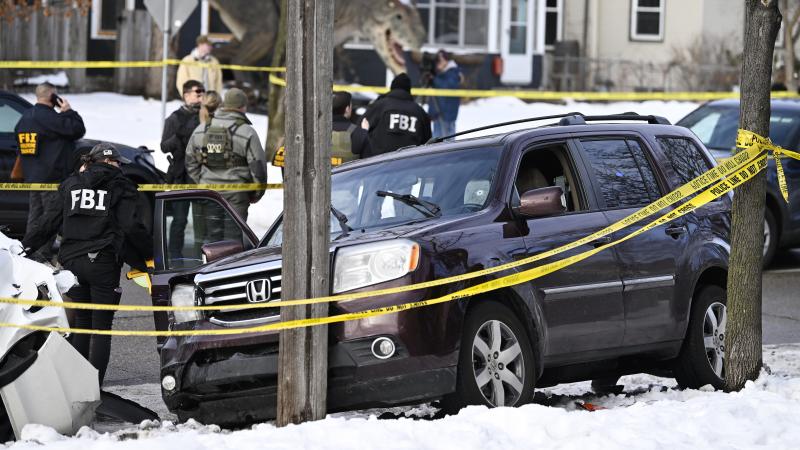Europe leaders shift from possible to likely Trump presidency, with Ukraine policy at front
While Trump seems open to more US money for Ukraine, VP Vance is more a hard no.
As recent events have dramatically improved GOP presidential nominee Donald Trump’s chances for victory in November, European leaders who criticized him in the past have gone from fretting about a possible new Trump presidency to preparing for the former president’s return to the White House.
With a few key exceptions – Viktor Orban in Hungary and Italy’s Giorgia Meloni come to mind – leaders in the European Union have stood solidly in support of Democratic President Joe Biden's administration.
But now, with Trump's prospects on the rise, there’s a shift among the continent’s leadership that is likely to have profound effects on what happens in Ukraine and other security issues, global climate change strategies, and the nature of trans-Atlantic ties.
“There has been a resistance to Trump in Europe and most governments have had a negative view of the former president,” Raffaele Marchetti, director of the Center for International Strategic Studies CISS at LUISS University in Rome, told Just the News. “But they also know they will have to work with a new Trump government, and they are preparing to do that.”
According to most national polls, the 78-year-old Trump has had a modest but consistent lead over the 81-year-old Biden for most of the year. But that lead has grown in the wake of recent events, starting with the incumbent’s stumbling debate performance in late June, through the troubling Trump assassination attempt, to the publicity around him naming of Sen. J.D. Vance as his running mate, and the pomp and circumstances of the closing of the Republican National Convention.
Election Day is still nearly four months away, and of course many factors could change in the interim. But as things stand in mid-July, Trump is the odds-on favorite to win the election. And European leaders are beginning to adjust to that reality.
The most dramatic shift internationally is about the war between Russia and Ukraine. The Biden administration has been a staunch supporter of Ukraine’s resistance, a policy Trump has criticized, vowing to end the war in one day – presumably through forcing a negotiated settlement.
Trump is not calling for an outright end to U.S. aid to Ukraine, if reelected.
“We keep handing out gifts of billions and billions of dollars, and we’ll take a look at it,” Trump, who has suggest giving the Ukraine government the money in the form of grants, said this spring.
His larger issue appears to be European nations' contribution to the Ukraine effort, as well as to NATO.
“Much more importantly to me is the fact that Europe has to step up, and they have to give money," he also said. "They have to equalize. If they don’t equalize I’m very upset about it, because they’re affected much more than we are.”
Vance is also critical about Europe's contribution but more clearly opposes aid to Ukraine.
“The American security blanket has allowed European security to atrophy,” Vance said at the Munich Security Conference earlier this year.
He also said on a 2022 podcast: "I gotta be honest with you, I don't really care what happens to Ukraine one way or another.”
Most European states have promised to keep supporting Ukraine regardless of who is in the White House, but as the likelihood of a Trump win increases, some countries are stepping back from that stance.
In the most recent development, Germany said this week it would cut its military support for Ukraine in half.
Hungary’s Orban, Trump’s biggest ally in Europe, returned from a recent trip to the U.S. warning European leaders to prepare for a “new, well-founded” Trump strategy for Ukraine.
According to Marchetti, leaders are preparing for big changes in other areas.
“A new Trump presidency will require significant adjustments for NATO and global security, climate change policy, and electric vehicles,” he said.
Trump also warned European Union leaders to prepare for new tariffs, and some Finance Ministries are apparently taking him at his word, discussing possible retaliatory measures and other alternatives.
A Trump victory is also seen as boosting the influence of the pro-Trump powers in Europe: not just Orban and Meloni, but also in the Netherlands, Sweden, Finland, France, and Slovakia.
The Facts Inside Our Reporter's Notebook
Links
- Viktor Orban
- Giorgia Meloni
- Raffaele Marchetti
- that lead has grown
- stumbling debate performance in late June
- Trump assassination attempt
- naming of JD Vance as Trumpâs vice-presidential pick
- pomp and circumstances of the closing of the Republican National Convention
- the odds-on favorite
- end the war in one day
- cut its military support for Ukraine in half
- warning European leaders
- NATO and global security,
- electric vehicles
- prepare for new tariffs
- the Netherlands, Sweden, Finland, France, and Slovakia
- the report said

